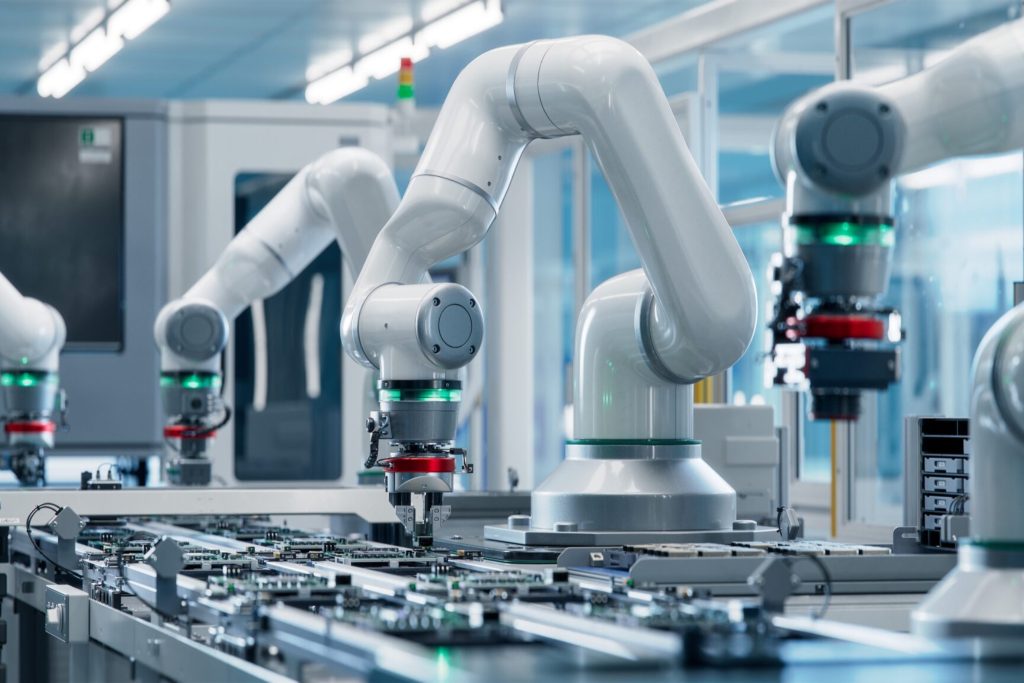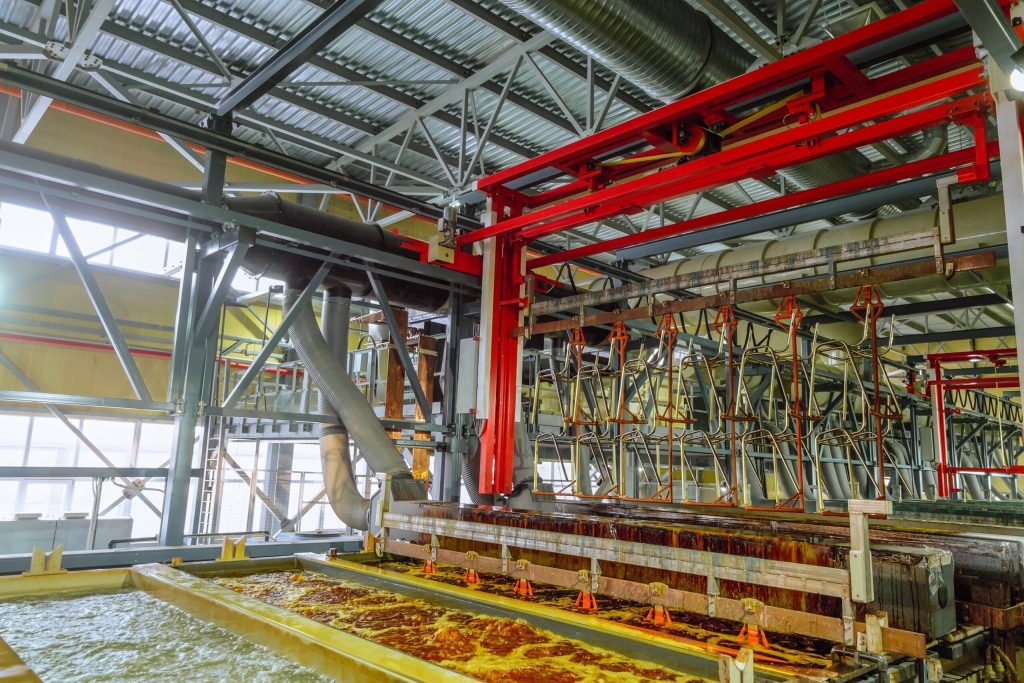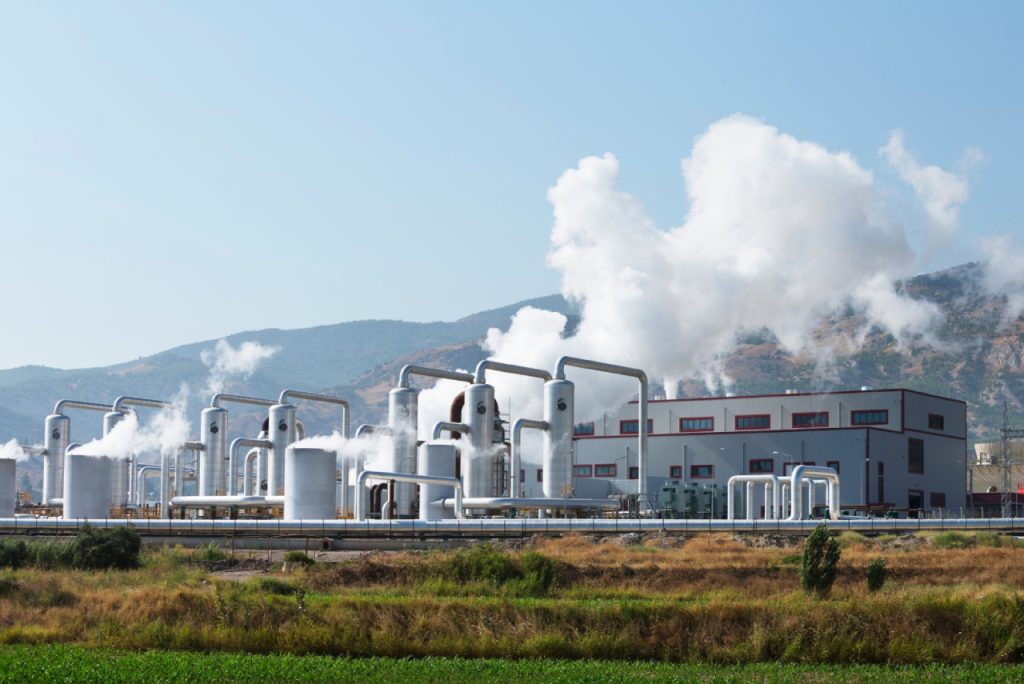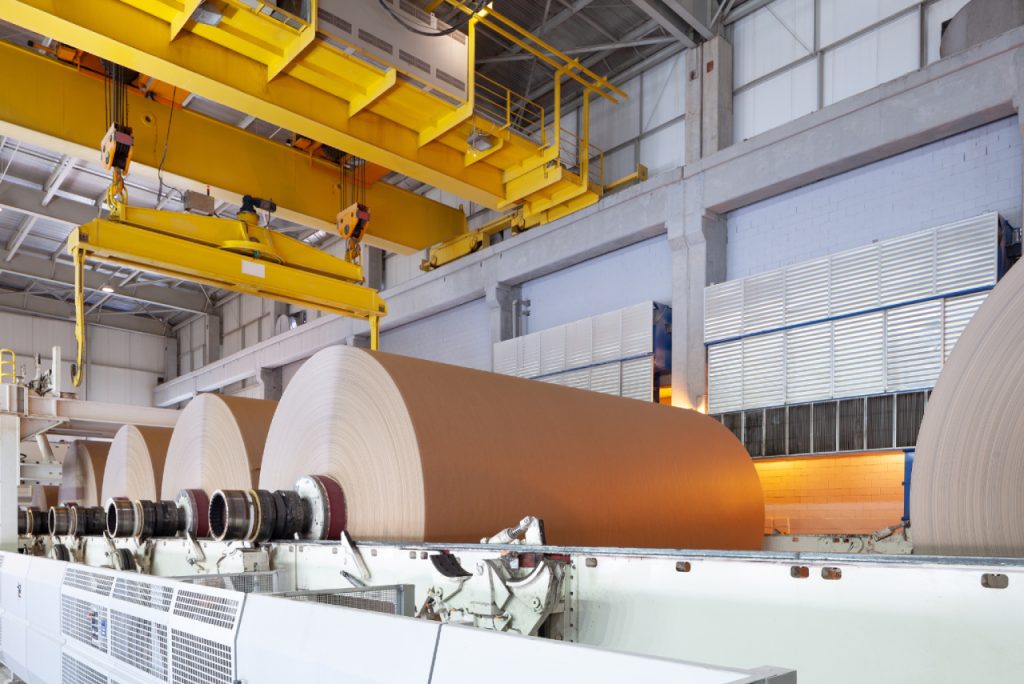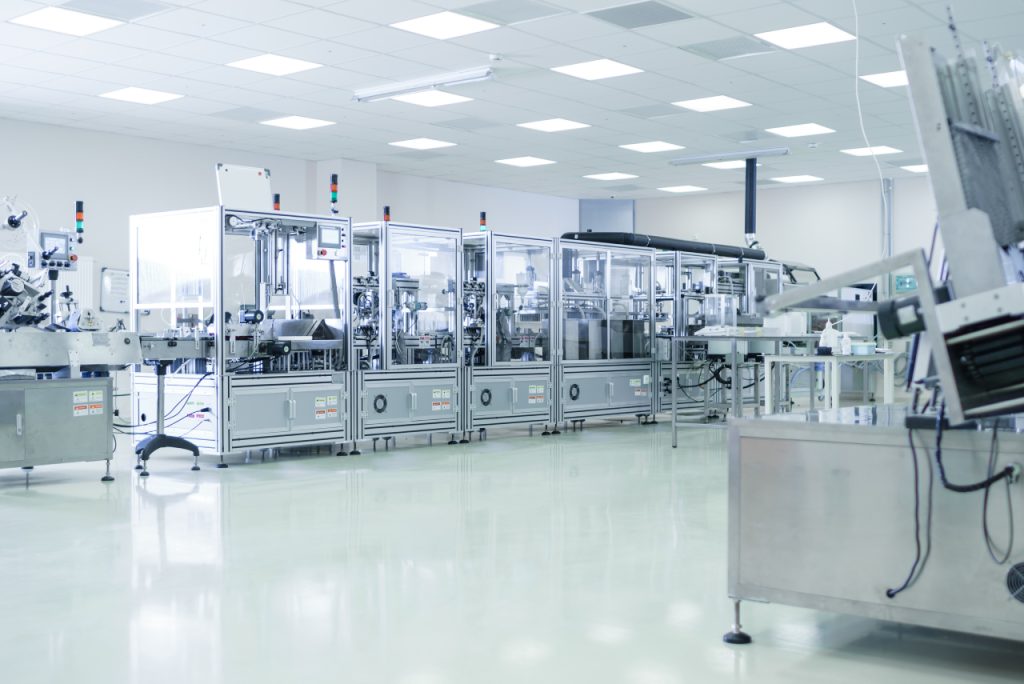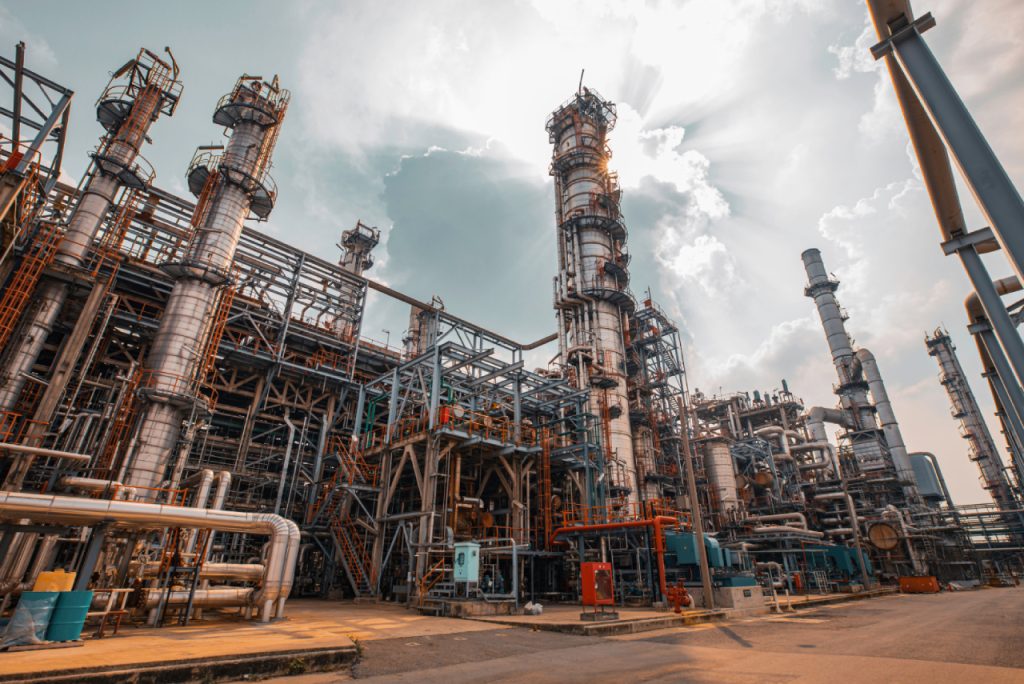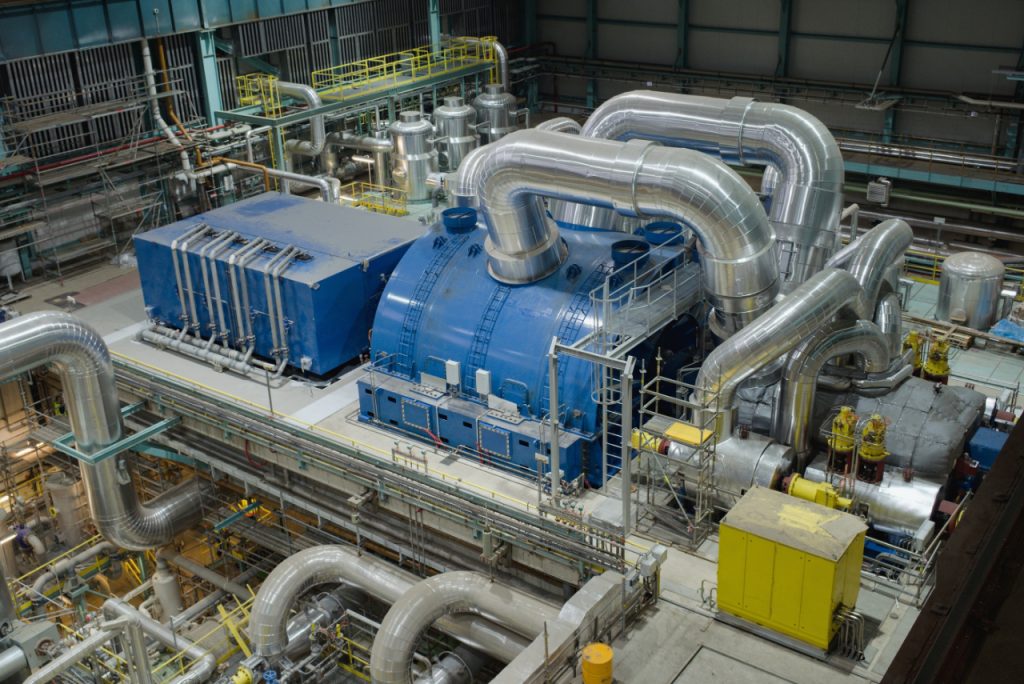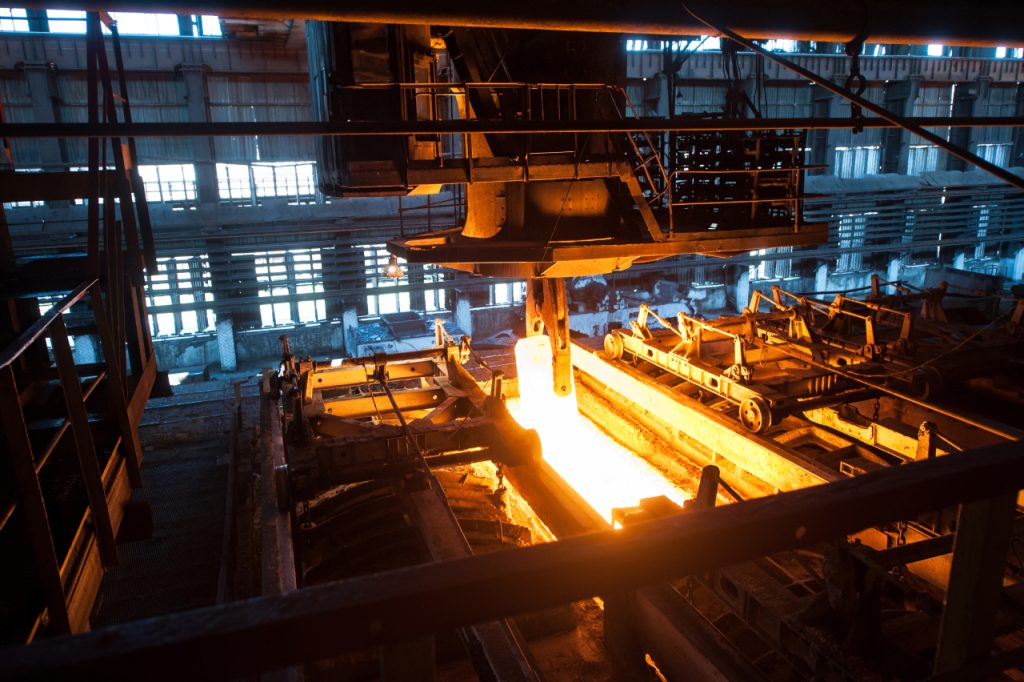Metalcasting
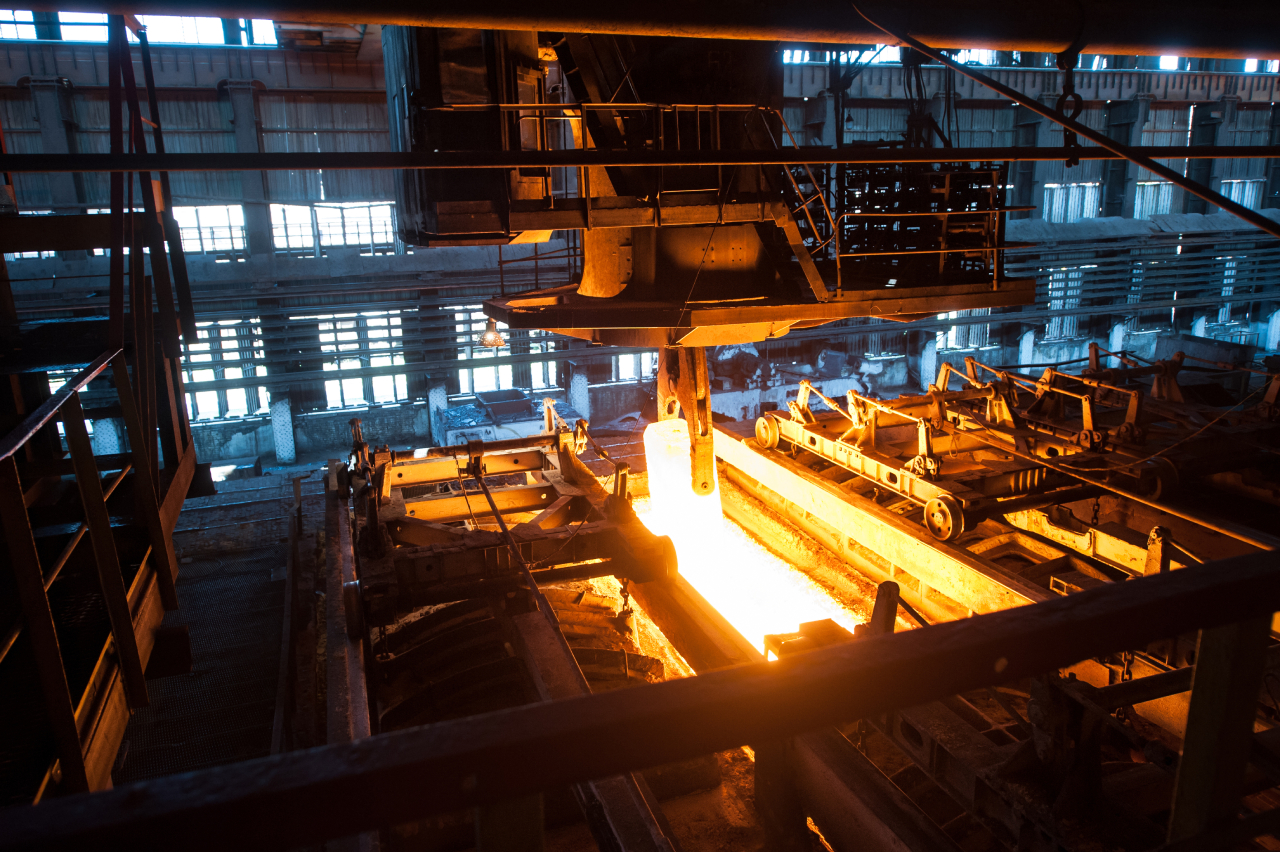
Effective water treatment is essential in the metal casting industry to ensure optimal cooling and wastewater management. Cooling water systems face significant challenges such as scale formation, corrosion, and contamination from oils, dust, and heavy metals, all of which can reduce heat transfer efficiency and damage equipment. Addressing these issues requires targeted treatment solutions, including side stream filtration, microbiocides, corrosion inhibitors, and heavy metal removal processes to maintain system performance and prolong equipment life.
Wastewater treatment in metal casting plants is equally critical, as production processes generate effluent contaminated with suspended solids, dissolved metals, oils, and acids. These contaminants present risks to both the environment and operational efficiency, necessitating specialized solutions like chemical treatment, neutralization, dissolved air flotation (DAF), and heavy metal precipitation. By implementing these advanced treatment methods, steel manufacturers can meet environmental regulations, protect their equipment, and reduce the impact of their water usage.
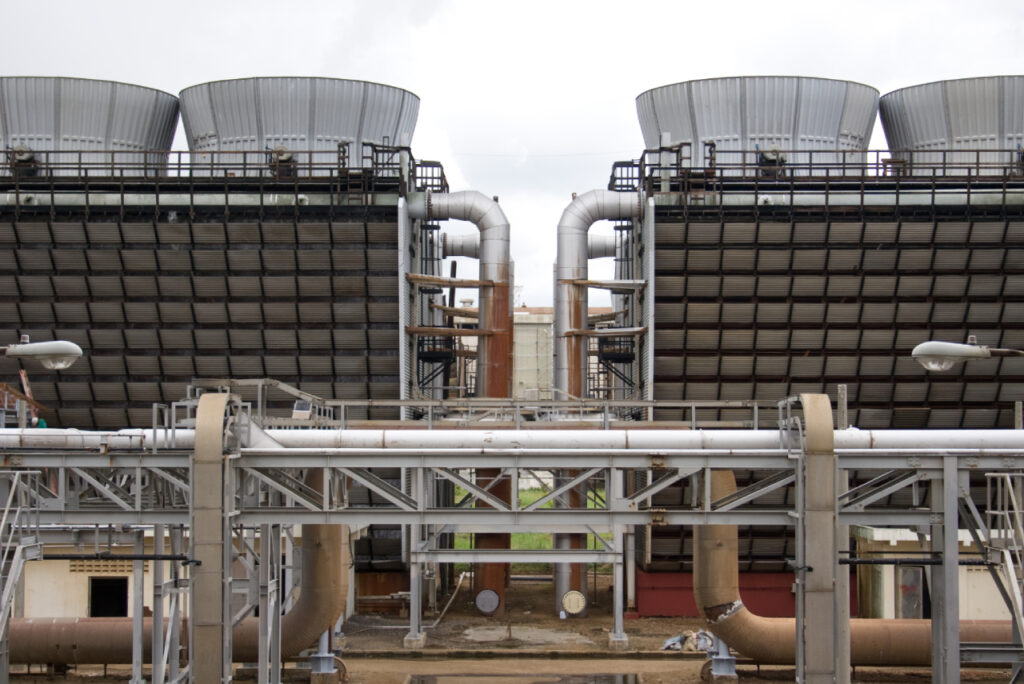
Discover how KontrolKem’s innovative cooling water treatment solutions can enhance the efficiency and longevity of your industrial cooling systems.
>> Find out more
Cooling Water
Challenges:
- Fouling: Heat exchangers and cooling towers can become fouled by scale and biological growth.
- Oils and grease: Can promote microbiological growth in cooling towers, contributing to biofouling and corrosion issues.
- Dust contamination: Becomes contaminated with fine metal dust and slag particles surrounding the cooling tower.
- High Suspended solids: High levels of particulate matter from steel surfaces.
- Heavy metals: Dust often contains zinc, lead, and chromium.
Treatment Solutions:
- Microbiocides: Microbiocides are essential in cooling towers within the steel industry to control algae, biofilm, and harmful bacteria, ensuring effective water treatment and system efficiency.
- Corrosion and scaling inhibitors: Chemical additives prevent scale deposition and equipment corrosion.
- Heavy metal removal: Chemical precipitation to remove toxic metals from water (e.g., lead, zinc).
- Side Stream Filtration: Systems like sand and mechanical filters, hydrocyclones are used to suspended solids from the water to prevent fouling.
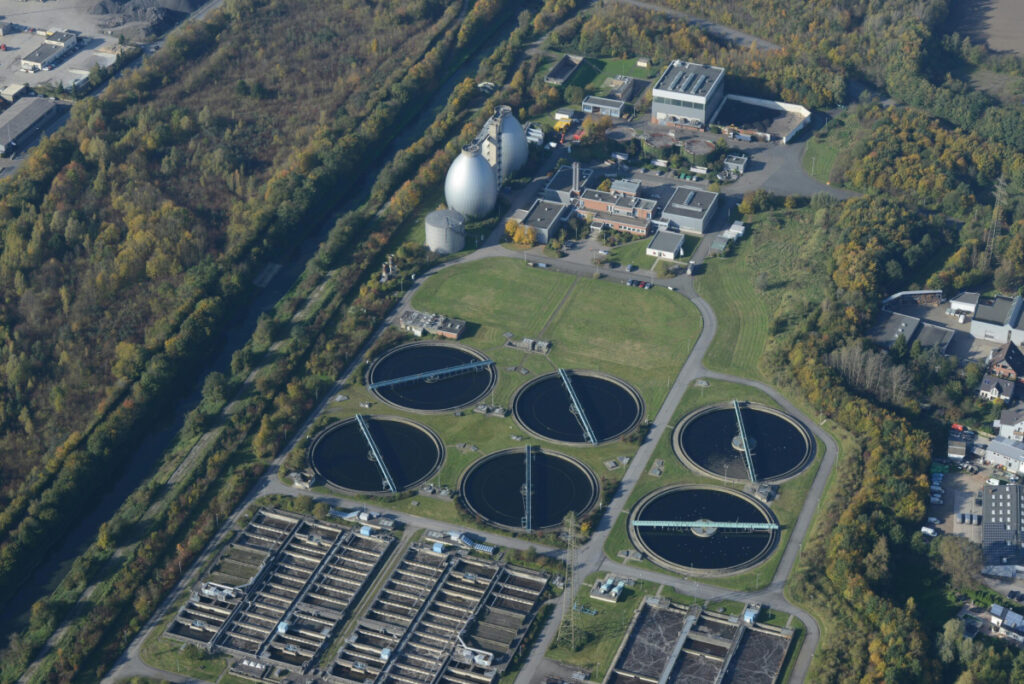
Discover KontrolKem’s comprehensive wastewater treatment solutions, including advanced chemical treatments and equipment
>> Find out more
Wastewater
Challenges:
- High suspended solids: In furnaces water is used to clean and cool exhaust gases and remove particulate matter. Exhaust gases contain iron, coke, and dust particles
- Acidic wastewater: Pickling removes oxides from steel surfaces using sulfuric or hydrochloric acid, producing wastewater contaminated with metals and acid. Effluent is highly acidic and needs neutralization.
- High concentrations of dissolved metals: Iron and other metals dissolve during pickling can form sediments if not treated.
- Oily wastewater: In rolling mills, oil-water emulsions are used for lubrication and cooling, leading to oily wastewater. Emulsified oils and grease from lubrication processes.
- Heavy metals: Plants that galvanize or electroplate steel produce wastewater contaminated with heavy metals like zinc, nickel, and chromium.
- Effluent toxicity: Heavy metal contamination poses environmental risks.
Treatment Solutions:
- Chemical Treatment: various coagulants and flocculants are added to agglomerate suspended solids, forming larger flocs for easier removal.
- Neutralization: neutralization tanks and pH control systems (sensors and automatic dosing stations).
- Dissolved Air Flotation (DAF): together with de-emulsifiers added to separate oils from water
- Sedimentation tanks and filtration: After chemical coagulation and flocculation.
- Ion exchange: For selective removal of heavy metals such as nickel and chromium.
Optimize your industrial process with our expert water treatment solutions, designed to improve efficiency and protect the environment. Contact us today to schedule a meeting and discover how we can help you achieve your goals!
Electronics Industry
Water treatment in the electronics industry is critical due to the strict purity requirements for…
Electroplating Industry
Water treatment in the electroplating industry is a highly specialized process, addressing the unique contaminants…
Geothermal
The geothermal industry plays a crucial role in the transition to renewable energy, utilizing the…
Paper
Water treatment plays a vital role in the paper industry, where large volumes of water…
Automotive
In the automotive industry, paint application is a crucial process that significantly influences the final…
Pharmaceutical Industries
Water treatment is a vital aspect of the pharmaceutical industry, ensuring the purity and safety…
Petrochemical
Water treatment in petrochemical facilities, including fertilizer plants and oil refineries, is essential for ensuring…
Power Plants
Water treatment in power plants is essential for ensuring operational efficiency, safety, and compliance with…
Metalcasting
Effective water treatment is essential in the metal casting industry to ensure optimal cooling and…


